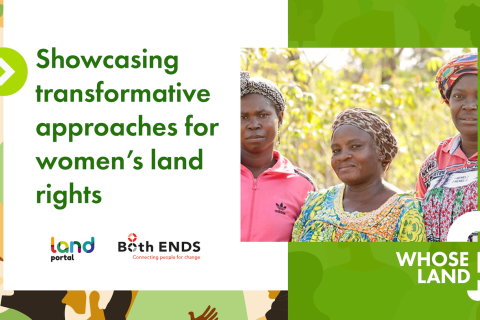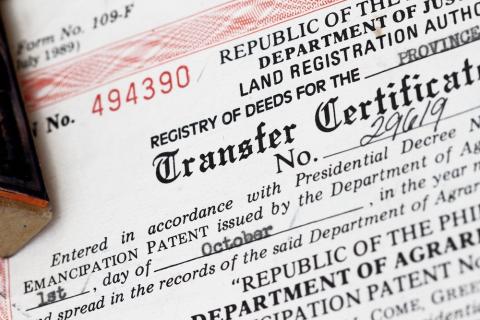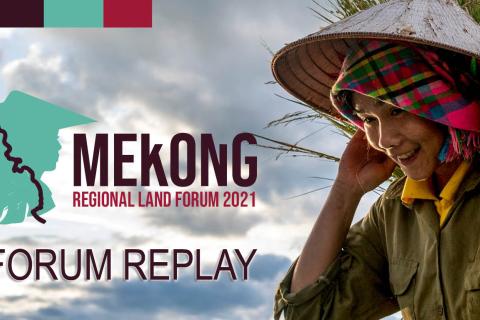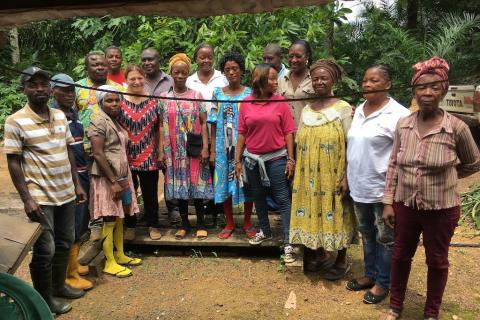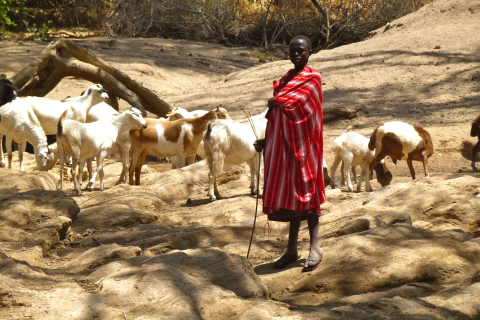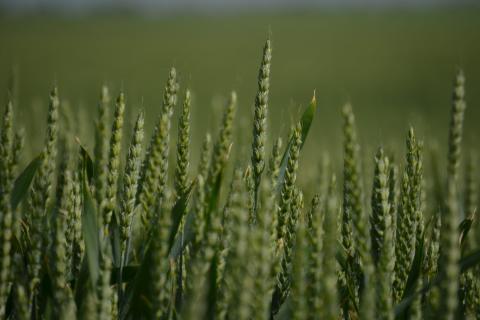Webinar Recap: Showcasing transformative approaches for women’s land rights
Empowering women to occupy leadership roles and to take an active part in decision making processes in land governance has demonstrated that strides can be made towards gender justice.

